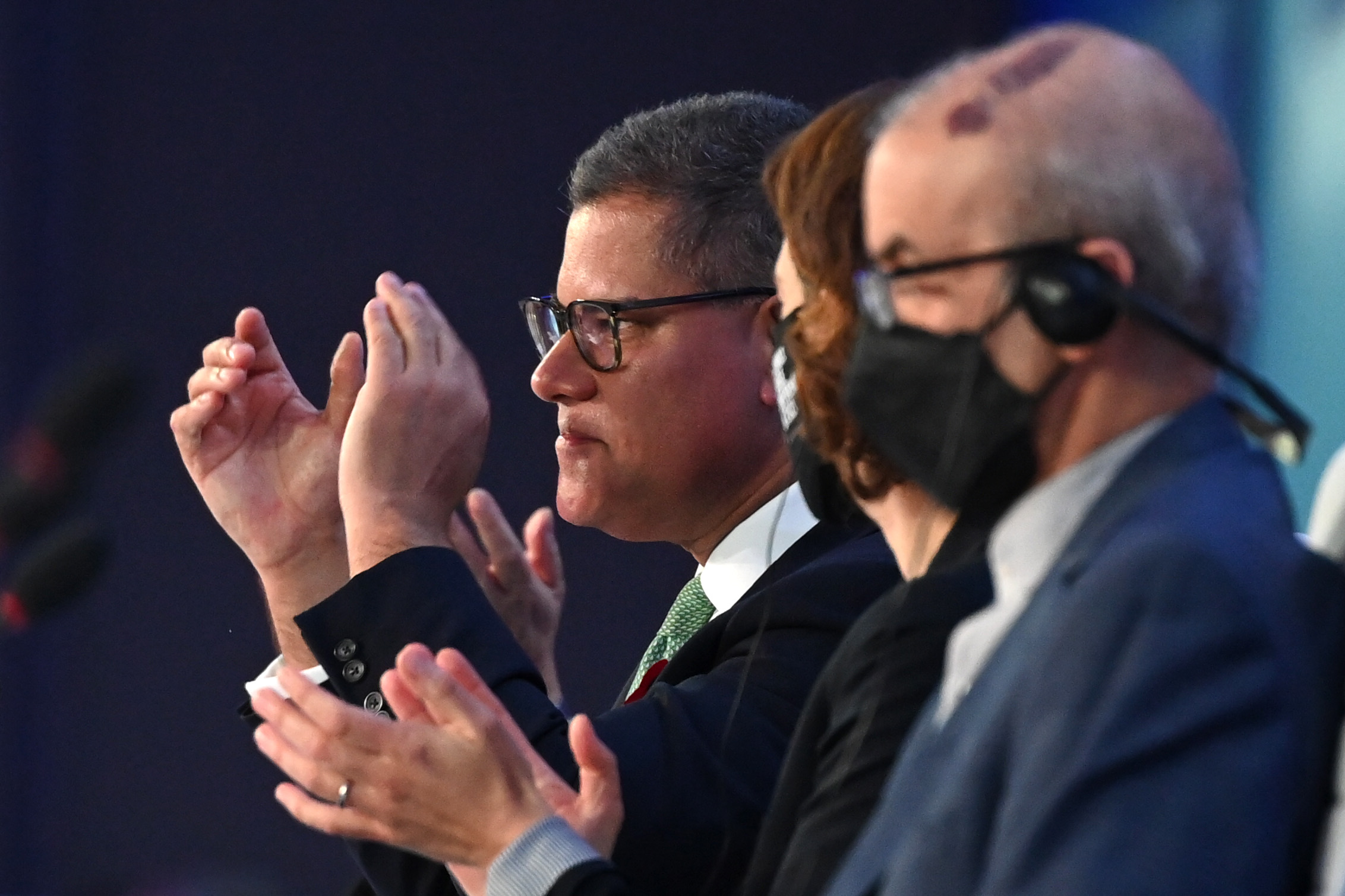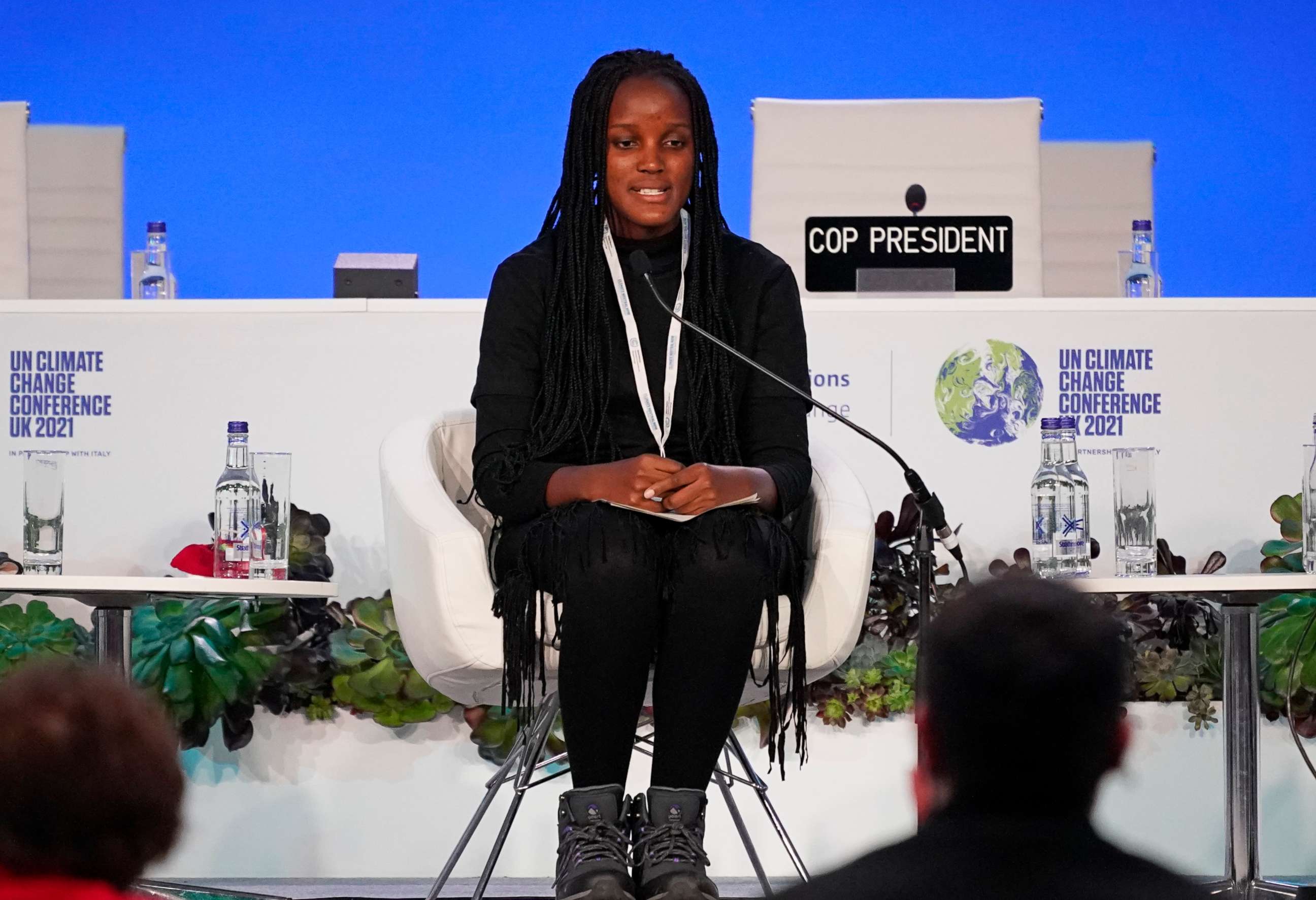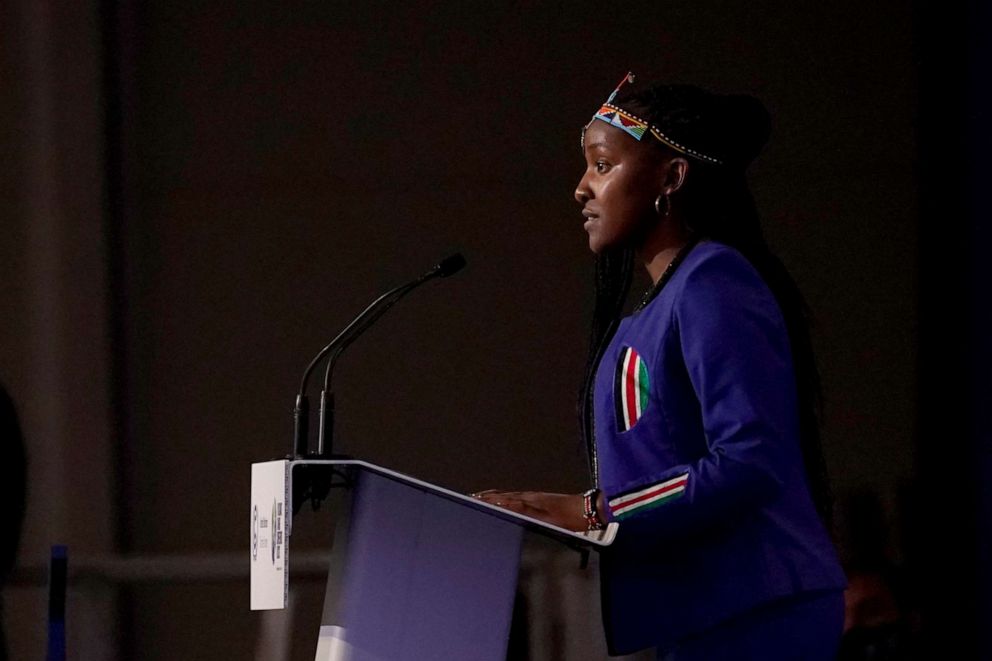Environmentalists react after COP26 adopts Glasgow Climate Pact
On the heels of COP26 delivering the Glasgow Climate Pact, some environmentalists and activists are mildly praising world leaders for agreeing to phase out fossil fuels, while others called the summit a failure for not going far enough.
"The #COP26 is over. Here’s a brief summary: Blah, blah, blah," teen climate activist Greta Thunberg tweeted, repeating a criticism she made early on. "But the real work continues outside these halls. And we will never give up, ever."
Ani Dasgupta, president and CEO of World Resources Institute, called the decision a strong foundation to build on, but the real test will be whether countries implement everything they promised in Glasgow and if developed countries will meet their financial commitments.
"The train is moving and all countries need to get on board," he said in a statement. "As attention shifts beyond COP26, it’s critical for everyone to step up their efforts and turn commitments into real action in ways that benefit all people."
The Nature Conservancy said that if Paris established the "scaffolding" of global climate action, Glasgow is the foundation -- but there’s a lot of heavy lifting still to be done.
“Despite suggestions to the contrary, I believe we can leave COP26 with some hope still intact," Nature Conservancy Director of International Climate Policy John Verdieck said in a statement. "It is imperative, as we look towards COP27 in Egypt and the threats facing its African neighbors, that on-the-ground implementation of proven climate strategies accelerates this year."
Jennifer Morgan, the executive director of Greenpeace, called the text "meek" and "weak" and said it could have been even weaker if it wasn’t for young people speaking out.
Rachel Cleetus, policy director and lead economist for climate and energy at the Union of Concerned Scientists, said countries ultimately failed to deliver everything they promised in the final document and specifically criticized the U.S.
“Richer countries -- including the United States -- had a chance to be climate champions, but instead evaded their historical responsibility and prioritized the profits of fossil fuel polluters over the needs of people on the frontlines of the climate crisis," she said in a statement.
Others said the COP26 decision doesn’t mean much if President Biden doesn’t take stronger action to end the use and development of fossil fuels in the U.S.
“We made it plain that President Biden can use the power of his pen to stop the toxic buildout in the Gulf and across the country. If we’re in code red, as Biden says we are, he’s got to act now to stop the crisis,” said John Beard, CEO of Port Arthur Community Action Network and a member of the Build Back Fossil Free coalition.
-ABC News' Stephanie Ebbs







